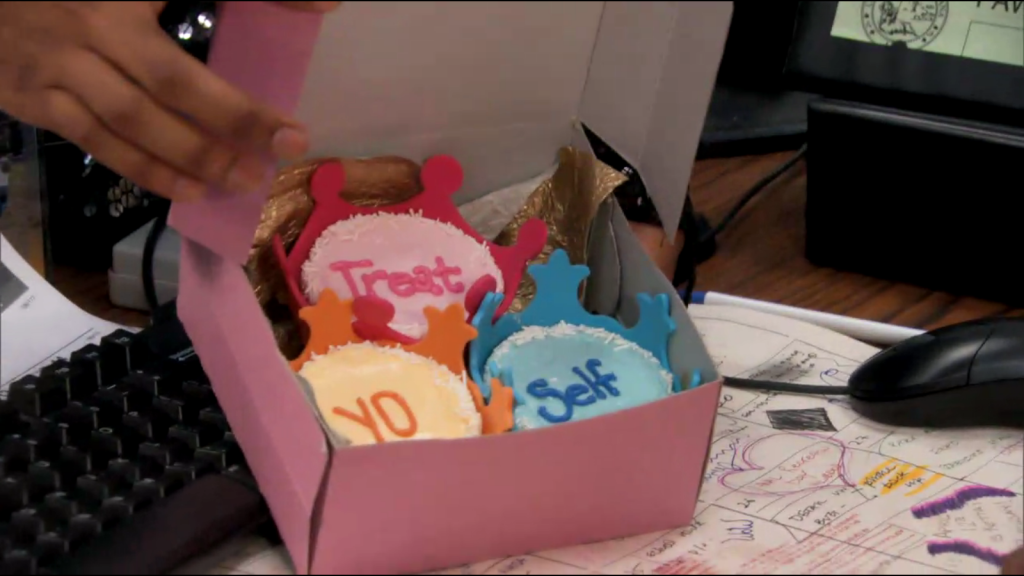There’s a party in my brain, and nobody’s invited
By Sophie Isbister, Contributor
It’s day three of my social media cleanse and the Facebook withdrawal is hitting me hard. I know you folks probably think the articles we write are merely a delusional stream of consciousness straight from the brains of lunatics, but there is actually a fair amount of thought and work that goes into them. And for every hour of thought and work that takes place in my home office (my name for the cardboard box I write from), there are about three hours spent procrastinating.
And what does the modern college student do when they procrastinate? They hit “refresh” on their newsfeed like it’s the discount rack at H&M. But since that’s out of the question for me right now, I first spent a half hour alphabetizing my bookshelf, after which I took to the Internet Google-machine to get to the bottom of this hollow feeling in my soul.
It turns out, according to a bunch of researchers at Harvard and the 3,000 blogs and newspapers that reported on their findings, it’s not really my fault that I’m strung out on social media. Social media plays with our brains much the same way as sex, food, and adventure: the act of constant sharing (or microblogging, as the Twittersphere puts it) of our personal minutiae releases dopamine in the brain. Dopamine, the so-called “feel-good chemical,” is like a nice little reward system for your brain. Click a link, it loads, and you get a jolt of happy feelings in relation to the success of your clicking. There’s a double whammy at play here too: whenever someone “likes” the fact that you had a BLT for lunch, it releases that same dopamine. We get a hit when we share, and we get a hit when our sharing is validated by our peers.
The insidiousness of brain chemistry and social media is not inherently evil. Dopamine is important. It helped our caveman ancestors learn the importance of eating, procreating, and hiding from sabre-toothed tigers and alien invaders. But knowing all this doesn’t make me feel any better when I open up a browser window and am at a loss for anywhere to go. I want to know what my friends are up to. I want to feel connected. My brain feels like a dried up husk, devoid of the feel-good chemicals that I’ve become accustomed to.
But they say the first week is the hardest. I’m already learning to enjoy the silence in my own head. I’ve banished the constant stream of recycled memes and cat videos, the wildly out-of-context quotes superimposed on pictures of landscapes, shared so much that they keep cropping up in two month-intervals in my newsfeed. I’m seeking out content instead of passively existing in one website where the content just washes over me in an endless loop of positive feedback brain chemistry. So far, so good.

